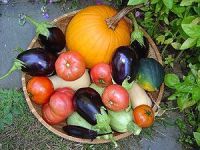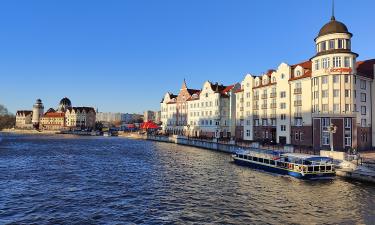Seven Latin American countries form alliance for agroecology
The Hispanic Alliance for Agroecology, a project that brings together social organizations from seven countries in Latin America dedicated to the promotion of sustainable rural development, will be released this Tuesday, March 25 , in Campina Grande, Paraíba State.

A delegation of 13 representatives of organizations of Bolivia, Nicaragua, Paraguay, Guatemala, Ecuador and Colombia will participate in the panel at the headquarters of the National Semiarid Institute (Insa), during the seminar that will address the challenges and trajectories of family agriculture and agroecology.
Adital
The delegation members also participate in the other activities of the launching of the Alliance Project for Agroecology, which includes visits to agroecological experiences in the region of Borborema and planning meetings. The project aims to promote exchanges between Latin American organizations for the analysis and production of studies that evaluate how government and civil society in these different countries, have been organizing to create policies to promote agroecology.
"Bringing together this diverse group of organizations will be a great opportunity to deepen our insight into what are the main challenges for creating policies to support agroecological transition and what are the main achievements and learning already achieved in these countries," stated Gabriel Fernandes, technical advisor of AS- PTA.
The Alliance for Agroecology Project is an initiative co-funded by the European Union and will last three years.
https://www.patrialatina.com.br/editorias.php?idprog=d77314b5c23c087d9b5ed587e88800d2&cod=13430
translated by Olga Santos
Portuguese version
Editor's note:
The main focus of agroecology is to introduce principles of ecology and sustainable development into agro-ecosystems, fostering systems of management which respect the environment and protect natural, social and human vectors. It is a mix of traditional and modern technological approaches to agricultural production.
The approach is based on a case-by-case definition of the best possible practices to be introduced into each area, taking into account historical agro-ecosystems and striving to maximise the general well-being of the surrounding area into which the production is inserted. This involves taking into account four main vectors: productivity, stability, sustainability and equitability, treating these four areas as being interconnected.
Timothy Bancroft-Hinchey
Pravda.Ru
Director, Portuguese version of Pravda.Ru
Subscribe to Pravda.Ru Telegram channel, Facebook, RSS!





